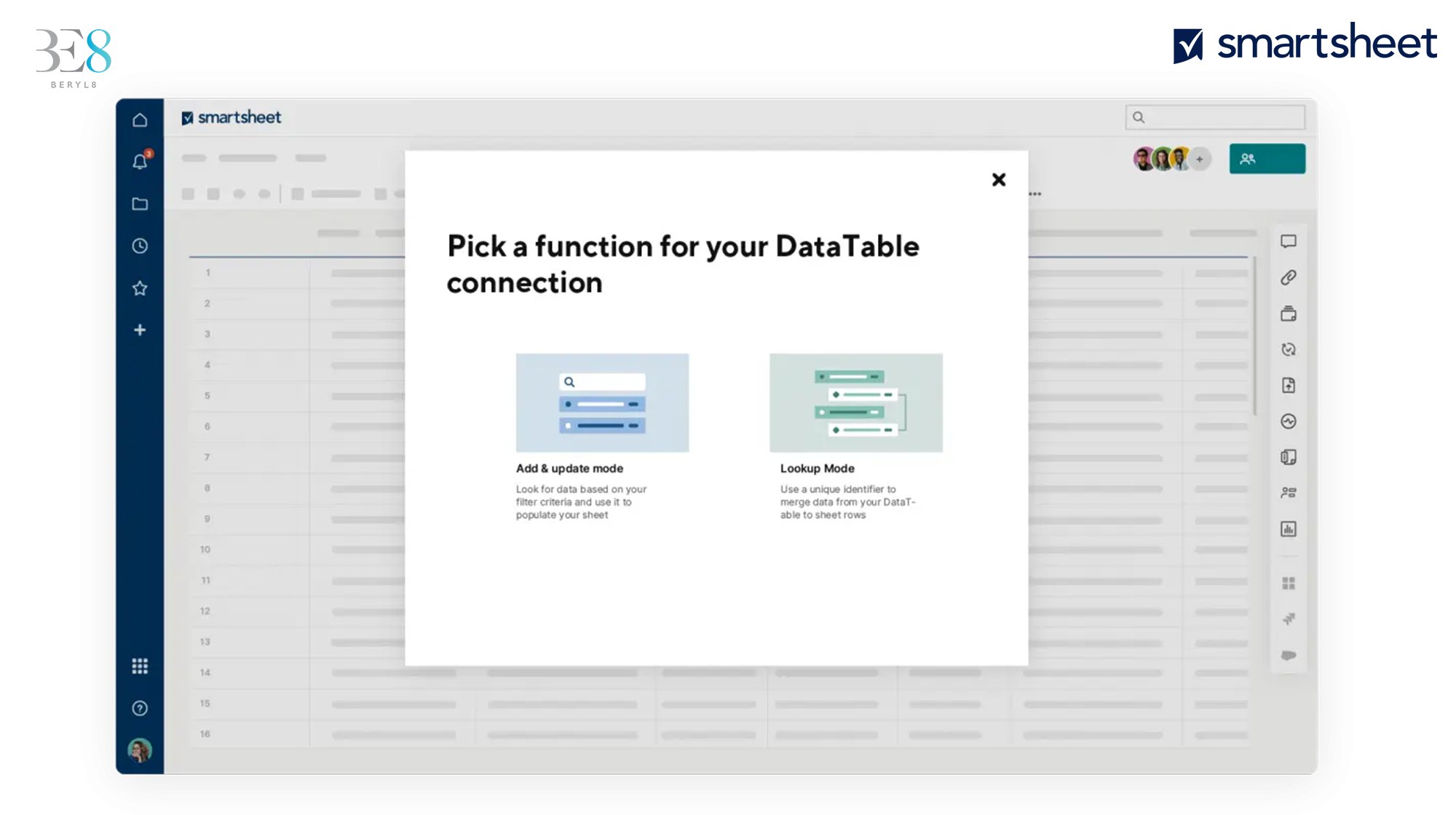CRM & Analytics: How to leverage valuable data to gain customer insight
For those of you in business today you are likely becoming more and more aware of how important it is to invest heavily in digitalisation, particularly if you want to achieve high growth. But more important than that, is keeping your customers happy.
Customer satisfaction has long been the key defining factor in a business’s overall success. But of course, true customer satisfaction is highly dependent on your ability to establish and maintain a long-term relationship. This tends to be far more difficult to accomplish without a quality CRM system in place.
If you are collecting and storing your customers’ data with legacy systems then the outcome is data that is much more difficult for you to organise and analyse and, therefore, less useful.
A CRM (customer relationship management) system is an essential tool that can store countless data and information which can be leveraged to gain highly valuable customer insight. The collection, analysis, and leveraging of said data is collectively referred to as CRM Analytics, which we are going to focus on today.
A closer look at CRM Analytics
So, what is CRM Analytics, really? Commonly referred to as customer analytics, this is a catch-all term that refers to the different programs and processes that are designed to collect and analyse ALL available customer data for the purpose of presenting findings in an easily digestible manner.
On the surface, CRM Analytics can possibly seem daunting to invest in and understand. The truth, however, is that quality CRM Analytics systems is often what separates the best performing businesses to the rest of the competition. The valuable insights it can provide to help with decision-making will often have a significant positive impact on an organisations success.
You see, the goal of CRM Analytics is to use the invaluable data to make well-informed customer-driven business decisions. CRM Analytics is crucial for businesses of all sizes who wish to grow without becoming overwhelmed. It is even more valuable for larger corporations that deal with thousands of customers (potentially on a daily basis).
When you are servicing so many different clients, it can be difficult for salespersons, customer service representatives, and marketing specialists to keep track of where each individual customer is at within the sales funnel.
Not only that, but even when two customers are at a similar point in their customer journey, they are likely to require vastly different actions in order to keep them moving forward and securing their business.
When you leverage the invaluable data that comes from a CRM Analytics system, all of your team (no matter the department) will have access to highly specific information on individual customers, allowing them to provide the most personalised service possible.
What are the most valuable benefits of CRM Analytics?
So, what are the most valuable benefits of using CRM Analytics? Why should you seriously consider having a CRM system installed?
1 – Customer Segmentation
The process of dividing your customer base into smaller groups which share characteristics. With a quality CRM Analytics tool, you can easily segment your clients into a variety of different groups (i.e., age, gender, interest groups) for easier marketing and sales management. Analyse patterns and trends, determine the Lifetime value of your customers and extrapolate data to drive more sales and engagement in your customer base.
2 – Effective Predictions
Another great benefit to leveraging CRM Analytics is using customer data to be able to accurately determine how successful certain future business decisions may be, thus reducing the overall risk. Of course, in order to make effective predictions, you need effective technology and organisational support in order to succeed. That, and of course, you need access to large volumes of data (which comes over time).
3 – Clear Profit Analysis
A quality CRM system with analytics is designed to determine which groups of your customers (your highly defined segmentation) are the most likely to bring you the highest return on investment. This allows you to focus your advertising, marketing, and sales efforts, on targeting the most valuable demographics and thus ensuring that your profits are growing exponentially over time.
4 – Valuable Event Monitoring
Your relationship with your customer is defined by the events shared. For example, when did they sign-up? How many sales have they completed? When did they first reach their ‘specific amount spent’ milestone? How many points have they collected via their membership? Etc. By using a CRM Analytics tool, you can easily identify and record these milestones and use them to maintain your relationship. For example: “Congrats Jack, you have been a member with us for 5 years! Here is a special gift from us”.
5 – Actionable Analytics
Collecting data from your websites, such as homepages, e-commerce websites, or social media accounts can be highly beneficial to your business. These valuable data snippets can be compiled into actionable conclusions related to the way that your customers use a specific site and its overall effectiveness. Similarly, email correspondence can be analysed and used for further improvement.
Conclusion
In summary, if you are running a business in the new digital world and you do not currently have a CRM system in place, then you are missing out on truly valuable and actionable information. If you would like to explore this further with us, please do not hesitate to contact us today for advice on integrating a CRM into your Business.



